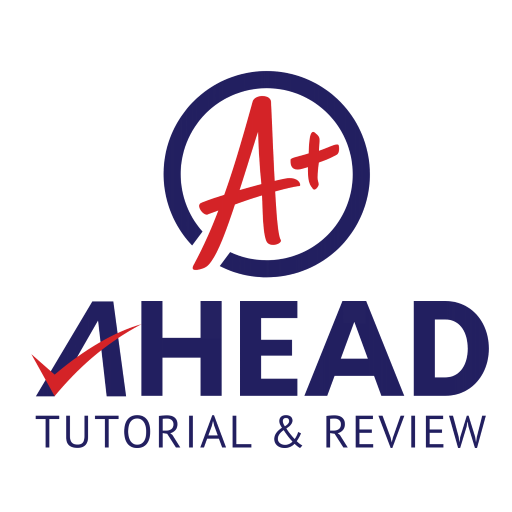In the challenging landscape of education, the relationship between study preparation, test anxiety, and academic performance is a crucial aspect that significantly influences students’ outcomes. This article delves into the intricate dynamics of these factors, shedding light on how effective study habits can mitigate test anxiety and enhance overall performance. Academic success among students is crucial in producing graduates who are capable of advancing their country. Numerous research endeavors have been carried out to ascertain and scrutinize the diverse elements impacting pupils’ academic achievements. Effort, learning preferences, entry requirements, worry, lack of motivation, and inadequate supervision about study habits and education are a few of these elements that affect students.
Understanding Test Anxiety
Test anxiety is a common phenomenon that many students experience before exams. It manifests as feelings of apprehension, nervousness, and fear, often impairing cognitive functions and negatively impacting performance. Recognizing the root causes of test anxiety is essential to developing strategies for overcoming its debilitating effects.
The Impact of Study Preparation
Effective study preparation serves as a potent antidote to test anxiety. When students engage in thorough and strategic study habits, they build a solid foundation of knowledge and understanding. This not only boosts confidence but also equips them with the tools needed to navigate challenging exam questions. Retrieval practice, active learning, and spaced repetition are among the effective study techniques that contribute to long-term retention and understanding.
Strategies for Mitigating Test Anxiety
Integrating stress-reduction techniques into study routines can significantly alleviate test anxiety. Techniques such as mindfulness, deep breathing exercises, and adequate sleep play a pivotal role in calming the nervous system and promoting mental clarity. Additionally, breaking down study sessions into manageable chunks and setting realistic goals can help prevent the overwhelming feeling often associated with impending exams.
The Positive Feedback Loop
A well-established positive feedback loop exists between effective study preparation and reduced test anxiety. As students invest time and effort into comprehensive study strategies, they not only enhance their knowledge base but also develop a sense of control and mastery over the material. This, in turn, minimizes anxiety, fostering a positive mindset that directly contributes to improved test performance.
Real-Life Success Stories
Numerous real-life success stories attest to the transformative impact of adopting proactive study habits. Students who consistently implement effective study techniques report not only lower levels of test anxiety but also increased satisfaction with their academic achievements. These success stories emphasize the importance of recognizing study preparation as a powerful tool against test-related stress.
Conclusion
Students’ performance is significantly impacted by test anxiety, both before and during exams. The intervention had a major impact on exam results and test anxiety. Instructors can help students reduce test anxiety by using active learning strategies and study guides. Department heads and faculty members ought to assist students in learning how to prepare for their studies during the semester and encourage their participation in class activities and course completion. By adopting effective study habits, implementing stress-reduction strategies, and fostering a positive mindset, students can create a harmonious balance that not only alleviates test anxiety but also paves the way for improved performance in the academic arena.
By: Althea Ponla
References:
Yusefzadeh, H, et. al. (May 3, 2019). The effect of study preparation on test anxiety and performance: a quasi-experimental study. PubMed Central. Retrieved from https://www.ncbi.nlm.nih.gov/pmc/articles/PMC6524999/
